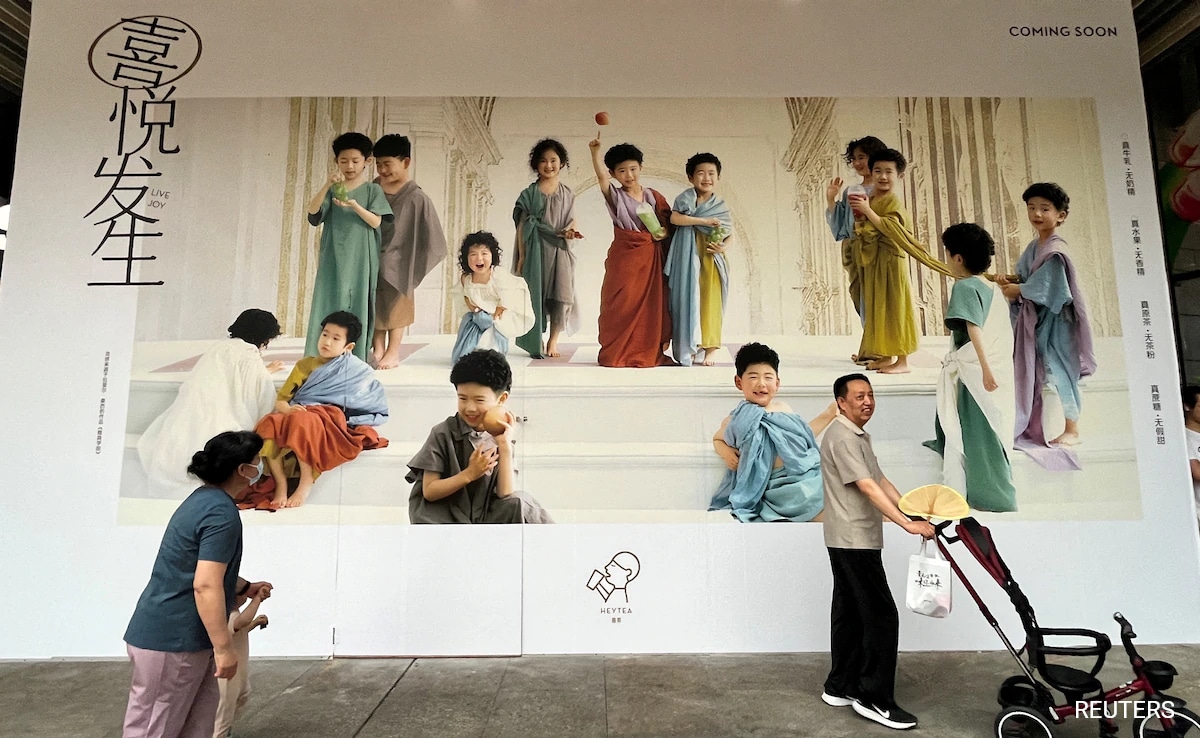The population decline in China has taken a serious turn. The number of children enrolling in kindergarten has gone down drastically, according to the country’s education ministry. A bulletin published last week reported that the number of kindergartens across China fell from 289,200 in 2022 to 274,400 in 2023. The government also revealed there were 40.9 million children in preschool education – down 11 per cent from previous year. As per a report in The Guardian, the number of kindergartens in 2022 fell by 1.9 per cent, while children enrolled decreased by 3.7 per cent.
China is facing its biggest demographic crisis, with only nine million births recorded in 2023, the lowest since 1949, according to government figures.
No exact data is available for the fertility rate, but it has reportedly dropped to less than 1.0 in 2023, far below the replacement level of 2.1.
Several kindergartens have been converted into elderly care facilities to cater to increasingly ageing population.
“The burden of elder care is intensifying, all amid economic stagnation,” He Yafu, an independent demographer based in Guangdong province, told South China Morning Post.
“Kindergarten operators need to adjust strategically to meet new challenges, such as expanding early childhood education to include children under three and establishing an integrated care-education system,” the expert added.
Also Read | How China’s Shrinking Population Is Making A Dent In Its Economy. An Explainer
As the government struggles to control the decline in population, and stares at a worrying future, many young Chinese are opting to stay single or delay getting married due to poor job prospects since China’s economy is slowing.
A total of 3.43 million couples tied the knot in the first six months of the year, a drop of 498,000 from the same year-ago period, news agency Reuters said in a report citing marriage registrations data.
Marriage is seen as a prerequisite for having children due to widespread incentives and policies, including a requirement for parents to present a marriage certificate to register their child and receive state benefits.
Some regional governments in China are offering subsidies for families who have second or third babies. Chinese state media reported that in Guangdong, one village is offering bonuses of 10,000 yuan for a second baby, and 30,000 yuan for a third.
China scrapped its decades-long one-child policy in 2016, allowing couples to have up to three children. Sichuan, one of the provinces, has removed all the restrictions on the number of babies a parent can register.


